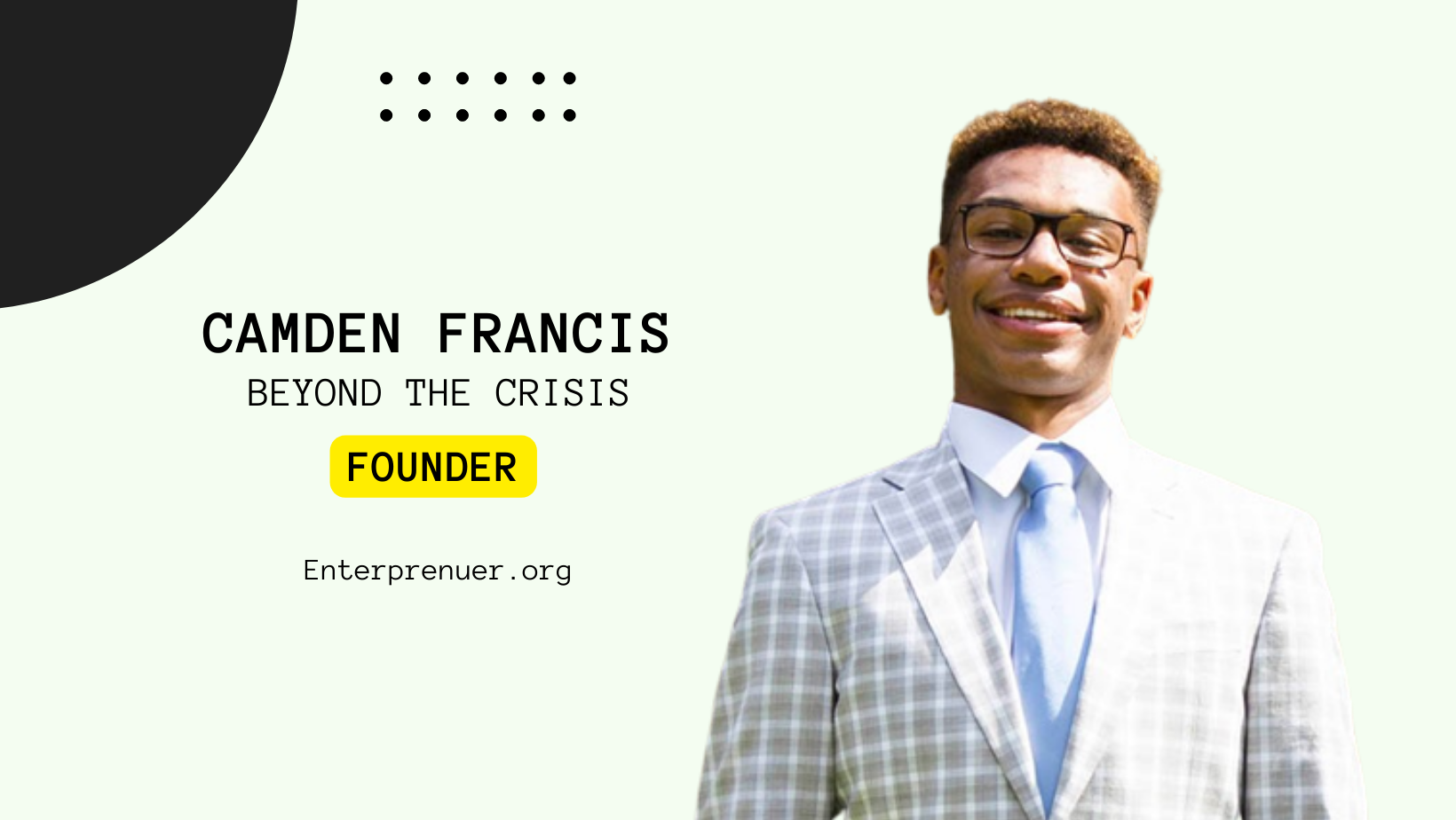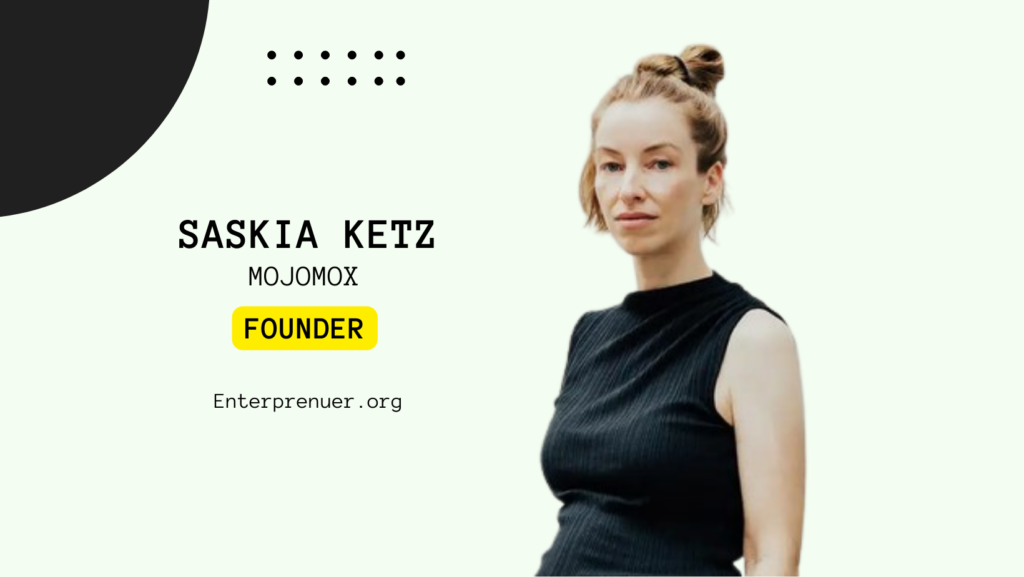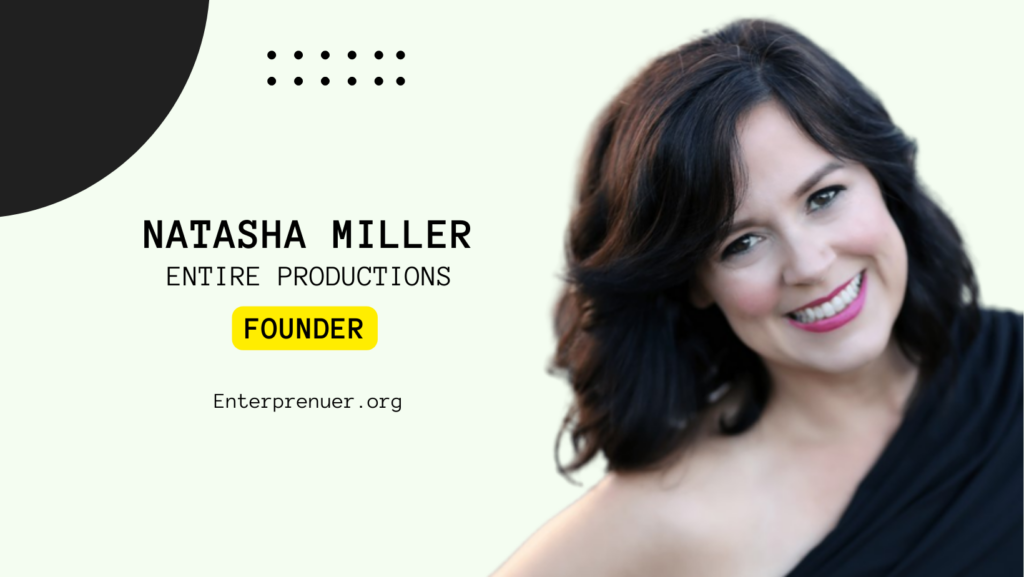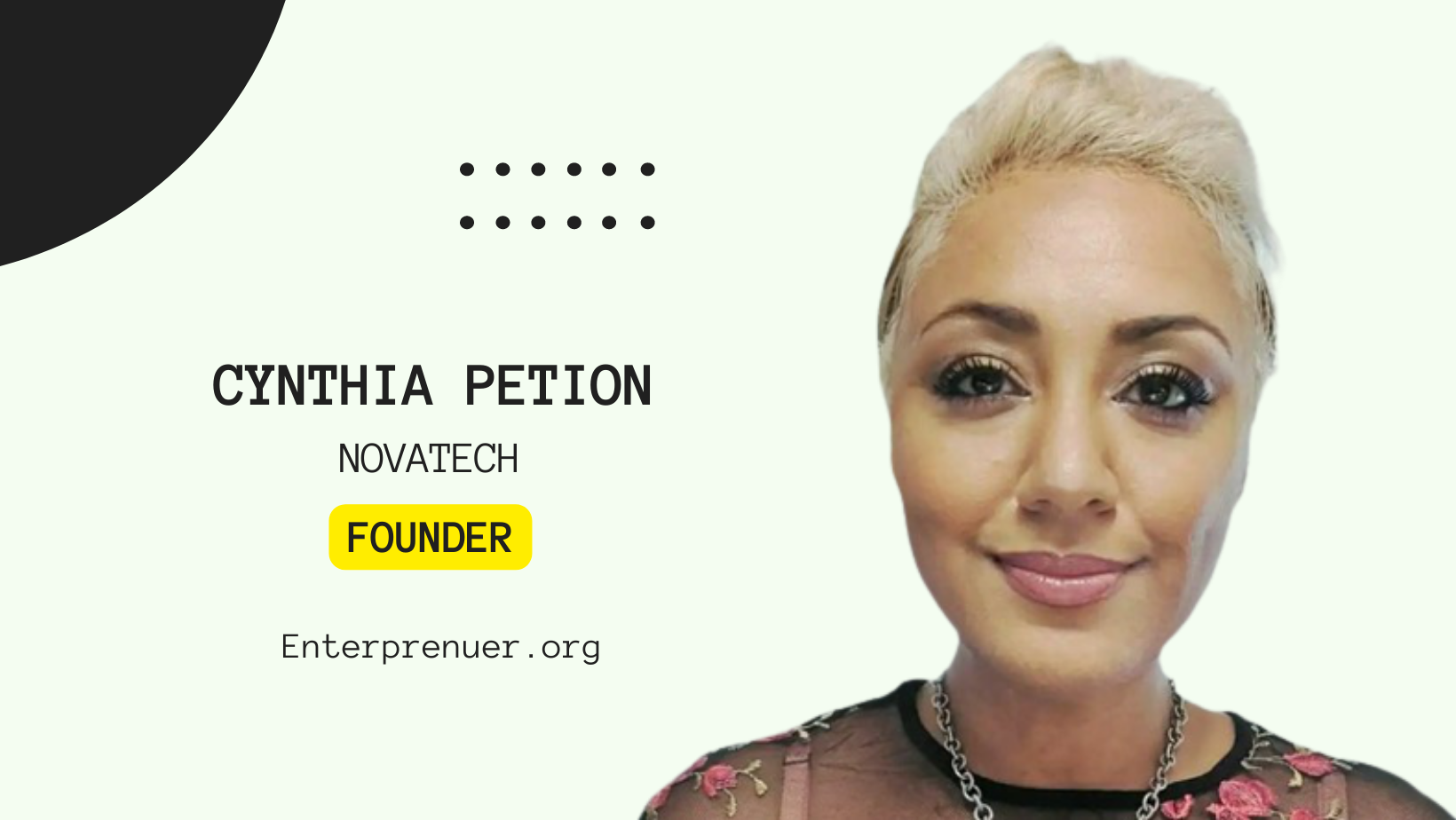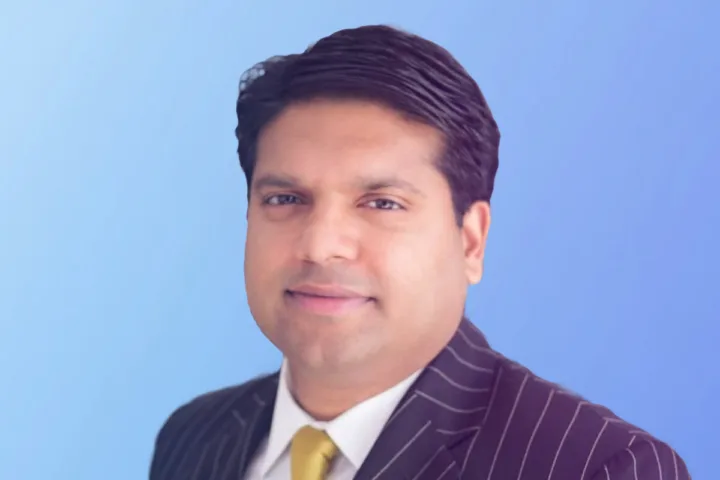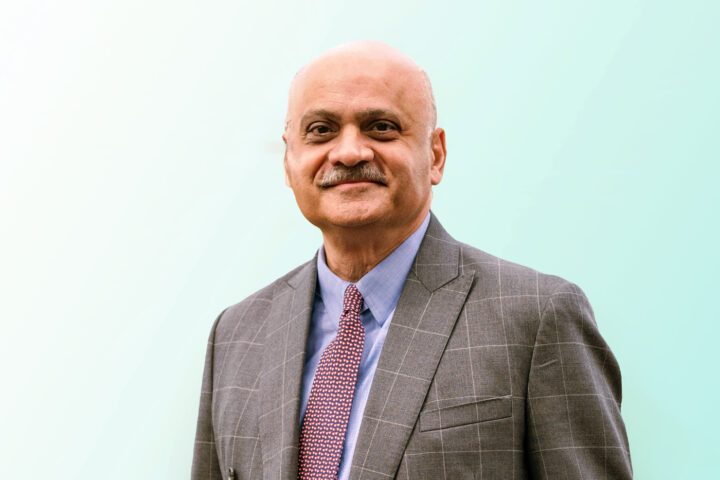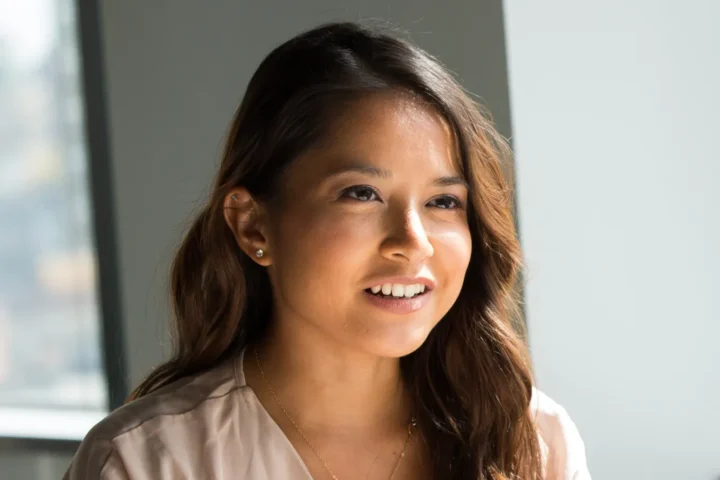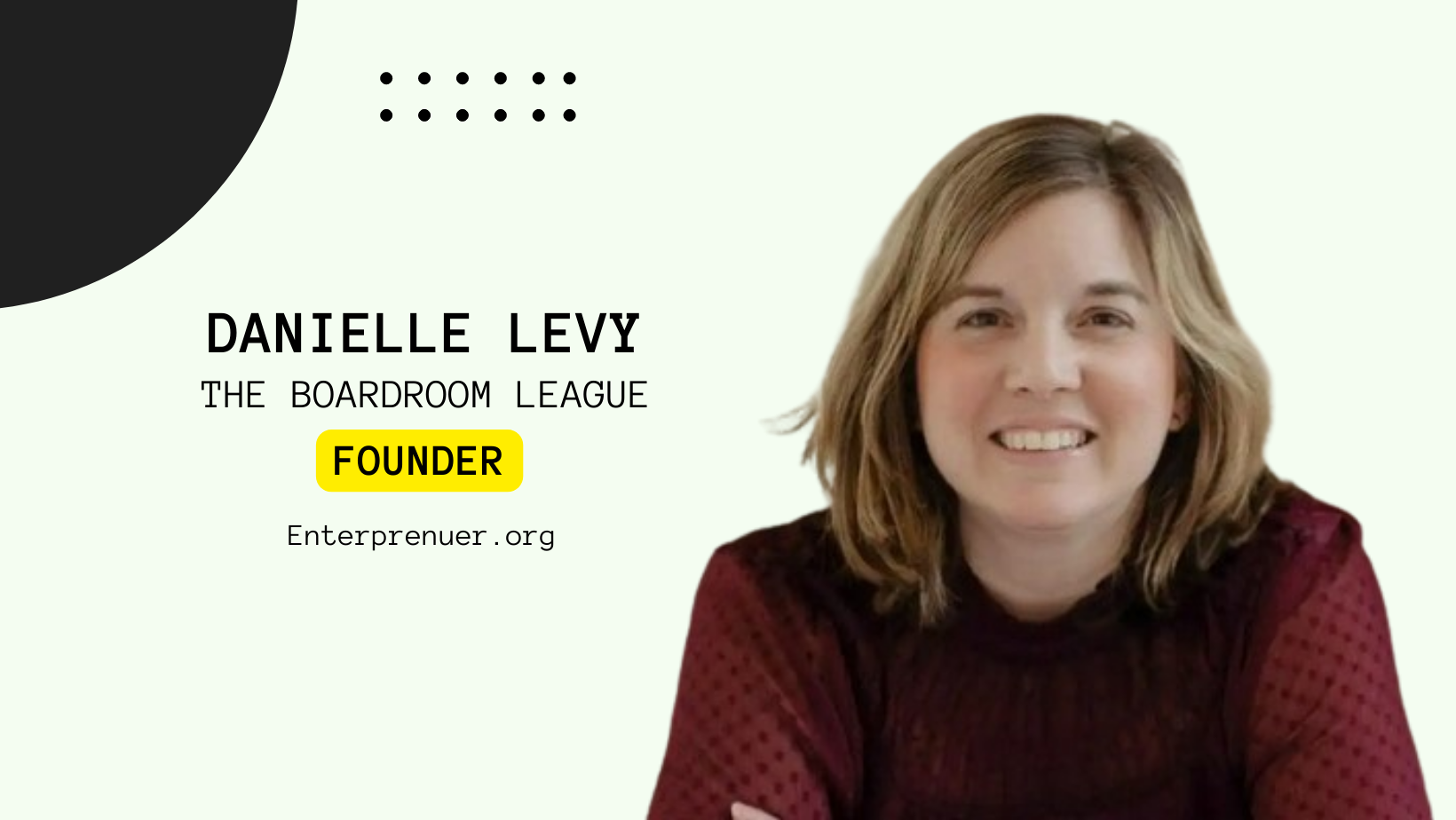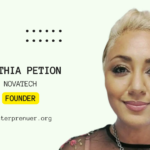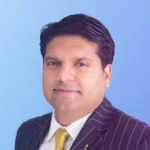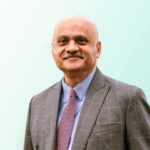Camden is an incoming senior in an independent preparatory high school in Massachusetts.
Camden is a fan of spending time with his parents and his friends. He enjoys long walks along with the dog, Brooklyn.
Camden likes spending many weekend getaways in the summer at Cape Cod with his family. He also loves playing sports.
Camden loves playing sports and has the most passion for soccer. Camden has been playing soccer as young as three.
He is currently spending a lot of time working on Beyond the Crisis, a charity group he created to spearhead efforts to reduce food insecurity during and after the COVID-19 epidemic.
Camden can meet the requirements of operating Beyond the Crisis between his football and academic obligations.
“There’s a cost, for sure,” he adds, “but helping others is aspect humans do not have enough time to do.
I try to balance everything since what we’re doing is helping make a difference in other families lives.”
Recently, he has been on the Drew Barrymore Show to discuss Beyond the Crisis.
Camden loves entrepreneurialism and would like to finance an entrepreneur when he gets older.
He also wants to continue Beyond the Crisis, his nonprofit group.
What was the source of the concept Beyond the Crisis come from?
I had this thought at the time of the pandemic COVID-19.
My brothers Colton (12-Years-old at the time) and I (16-Years-old) were watching television.
We saw news reports showing people standing in long lines for small food portions.
When we saw these reports on the news, my brother Colton and I felt motivated to assist.
We are from a family that taught us early the value of helping other people and making sure that you treat your neighbors the way you would treat yourself.
The idea began as a lightbulb and then became a refuge for hungry people. We first started doing research.
We discovered that there was plenty of food available to satisfy hunger.
But the real issue was the amount of food going to waste and the lack of access to healthy food.
We wanted to make a difference by creating a food distribution charity.
The company I founded is a nonprofit called Beyond the Crisis.
When I first got the organization up and running, I was just 16.
At the time, I was working 18 hours a week. Sometimes, I would fall asleep at my workstation.
I would read for three hours per day to look into other nonprofits, talk to mentors, create websites, receive accreditations (501(c)(3) (needed attorneys) and homes and shelters for the homeless that I could connect to, expanded my network (obtained some private benefactors, reached out to goodwill ambassadors) and crowdfunded and submitted grant applications and recruited a handful of volunteers.
I set up an account for payments, created an additional bank account for my nonprofit organization, established email addresses, got a private phone number and fax, and used Facebook and Twitter accounts.
I also contacted journalists for press coverage, spoke to schools to increase awareness, reached out to farms, supermarkets, and foodbanks asking for donations, bought food in bulk at grocery stores, distributed food donations to shelters, and went to the bank to deposit cash.
What would your typical day take? How can you ensure that it is productive?
My work days begin early and finish late. One thing that makes this possible is that I’m committed to my work.
Being a volunteer for my nonprofit for up to 20 hours a day is achievable because I am never able to forget the reason I do it…that’s crucial.
I founded a nonprofit to address the issue of food insecurity.
The thought of doing each day a little bit to tackle this problem inspires me.
I was aware that every warm meal I serve helps adolescents and young children develop, alleviates single mothers’ extra stress, and brings families closer.
Additionally, I would like to live an enjoyable and fulfilling life, and I have discovered that the most effective way to accomplish this is to help others.
What is one trend that you are excited about?
A trend that I am excited about is keeping track of how much food I prepare each month and attempting to increase that amount or even triple it the following month.
I am a huge fan of pushing myself, and while doing this, I learn from my mistakes as I fail, but it’s inevitable.
What’s an action you take that will help you become more productive as an Entrepreneur?
One habit which helps me to be productive is creating a schedule.
Each day, I write an outline of my program or utilize an online schedule.
This allows me to plan. Sometimes, when I face issues, be it failing to attend a crucial meeting or not completing a grant or a grant opportunity, it’s because I forgot to plan.
A sound time management system helps make a hectic day appear less stress-inducing.
Which advice do you impart to yourself to your future self?
I would advise my younger self to worry less about what others believe.
As a young person, I spent all day worrying about how other people perceived me.
I began to alter certain aspects of myself to feel more validated.
I spent a lot of time on Instagram comparing my life to other people’s lives.
A portion of this was due to having been bullied and losing confidence.
As I grew older, I realized that the need for validation in public was unhealthful.
It also led to frustration in the process of looking up to myself for approval, which I developed as individual confidence and strengthened my self-esteem.
As I grew older, I learned to appreciate the importance of not being a part of the crowd and being able to stand on my own.
Many of the people I admired were Mark Zuckerberg, Elon Musk, and others.
Also, they did this. Be authentic.
By being who I am, I also had unique interests, such as forming an organization, being a German and a Mandarin scholar golfer, and working part-time.
I became fascinated with other people as I had fascinating conversations, which led to friendships that lasted a lifetime and found genuine satisfaction.
During my time as an entrepreneur, I was taught not to compete with others; instead, to be a sole competitor to myself.
Share something with us that is real that nearly no one agrees with you about.
Don’t stop your daydreaming. Innovation is something that the brightest and most innovative pioneers of the 21st-century radiate.
When I first started a nonprofit, I was able to spend a few days without my computer, pondering ideas as I came up with innovative and creative ideas.
These ideas enabled me to quickly establish and grow a thriving organization that fights shortages while reducing food waste.
In your role as an entrepreneur, what’s the thing you’ve done repeatedly and suggest everyone else do?
The most practical advice I can offer is to put in the effort and obsess over your vision, not the competition.
Build a community around your concept.
One thing I did during the process of developing Beyond the Crisis was a network with other members of the community.
As a nonprofit leader, I have to spend a substantial period of my time simply listening to my colleagues and their ideas and perspectives.
I try to spend a lot of time connecting.
I don’t just connect with people in the civilian sector and food banks – I relate to governors, philanthropists, innovators, influencers, and even corporations.
Engaging different stakeholders can help me raise funds to expand my perspectives and information, reach out to a broader public, and be more active in my community.
As an executive director in charge of an organization, I have realized what leadership means.
It is the ability to transform vision into reality.
How you conduct yourself and how you express yourself through words are essential.
What’s one thing that has allowed you to grow your company?
I help grow my nonprofit by connecting with a variety of people.
Check out the above question “As an entrepreneur, what is the one thing you do over and over and recommend everyone else do?”
What is the most embarrassing mistake you faced as an entrepreneur? And how did you get over it?
When I started a nonprofit as a teenager, I was not often taken seriously.
Senior generations should be listening to younger generations, but just that we haven’t walked the globe for as long doesn’t mean we do not have something to say.
I had to put in a lot to earn my credibility.
I sent over 1,500 emails and over 300 phone calls to receive only a handful of positive responses.
Failure is the best way to gain experience.
I’ve learned that the most rewarding rewards require the greatest sacrifice. So, be determined – keep going.
If you experience failure, I have learned not to be a slave to it.
Every failure signifies that you’re one step away from achieving success.
You could fail thousands of instances. However, it would help if you succeeded only once.
You’ll never know the extent to which you’re getting close to success before deciding to give up.
What’s one business concept you’re willing to share in exchange for your readers’ feedback?
Create a nonprofit. Be the solution to the world’s crisis!
What was the most expensive $100 you’ve spent recently? What is the reason?
The money I spent the most gave to a family in a state of poverty who didn’t have enough funds to feed their family.
I’m from a very fortunate family. My brother and I always had a full fridge and a pantry.
Food is an entitlement, not a right.
The best present to give is a nutritious food that keeps the body and minds stronger.
The fact is that in the world, each second, children die due to hunger.
What is the best program or web service to help you be more productive?
One of the web services we use includes Campaign Monitor.
It’s utilized for marketing via email. This allows our nonprofit to reach a large public.
Achieving a more vast audience will enable us to raise funds and recognition from community partners, such as pantries and food banks, and receive media interest (which results in more significant donations).
What is the best book that you think for the community? And the reason why?
How to Make Friends and influence people, written by Dale Carnegie, is a great book.
The book helped me learn how to build influence through creating a real, lasting impact on the lives of others which allowed me to lead a more exciting and rewarding life.
What is your top quote?
“The best way to find yourself is to lose yourself in the service of others”
Gandhi
“Nowadays people know the price of everything and the value of nothing”
Oscar Wilde
What Key Learnings “Camden Francis” could offer to Enterprenuer readers?
Enhance your quality of life not only for you but also for your family and friends.
Food isn’t an entitlement. It’s more of an obligation
Find your community to support your idea
The issue of hunger is not a bargainable thing
